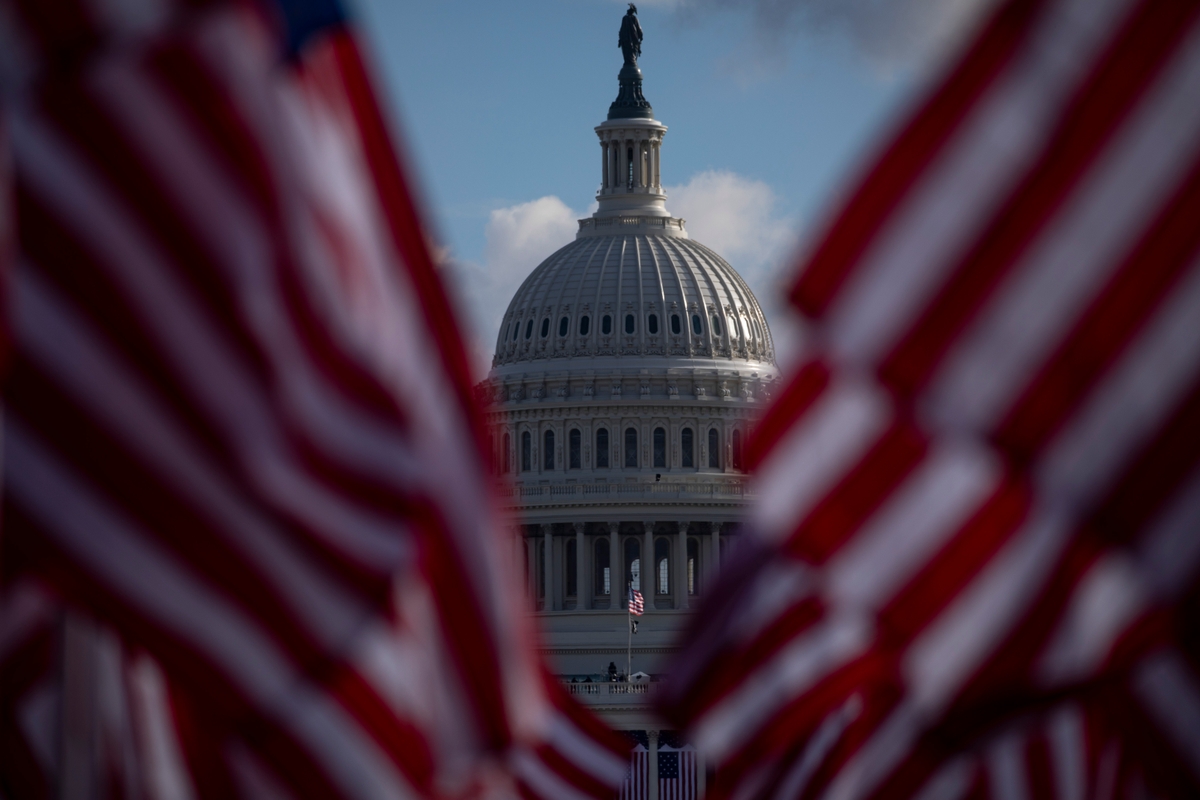The U.S. Supreme Court has temporarily halted a lower court’s order requiring the federal government to return Kilmar Abrego Garcia, a Maryland resident who was illegally deported to El Salvador in March.
Abrego Garcia, 29, has lived in Maryland with his U.S. citizen wife and their child. In 2019, an immigration judge granted him withholding of removal, legally barring his deportation due to credible fears of persecution if returned to El Salvador.
Despite this protection, U.S. Immigration and Customs Enforcement agents arrested him on March 12, 2025, citing alleged gang ties. No charges have been filed, and Abrego Garcia has denied the accusation. He was deported to El Salvador three days later, on March 15, in what the U.S. government later admitted was an “administrative error.”
After arriving in El Salvador, Abrego Garcia was imprisoned in the CECOT mega-prison, a high-security facility known for mass detentions under the Bukele government. His lawyers filed an emergency lawsuit in U.S. federal court.
Judge Paula Xinis of the U.S. District Court in Maryland ruled the deportation unlawful and ordered the Department of Homeland Security to facilitate his return by April 7. The Trump Regime appealed the decision, arguing the court lacked authority to compel repatriation from a foreign detention.
The Fourth Circuit Court of Appeals upheld the lower court’s order, calling the government’s conduct “unconscionable.”
On April 7, Chief Justice John G. Roberts Jr. issued an emergency stay, temporarily suspending the repatriation order to allow time for further review by the Supreme Court. The stay does not reverse the lower court’s ruling but blocks enforcement.
Abrego Garcia remains jailed in El Salvador as legal proceedings continue in the United States. The Supreme Court has not yet announced whether it will take up the case.
Author
Discover more from The Crustian Daily
Subscribe to get the latest posts sent to your email.












